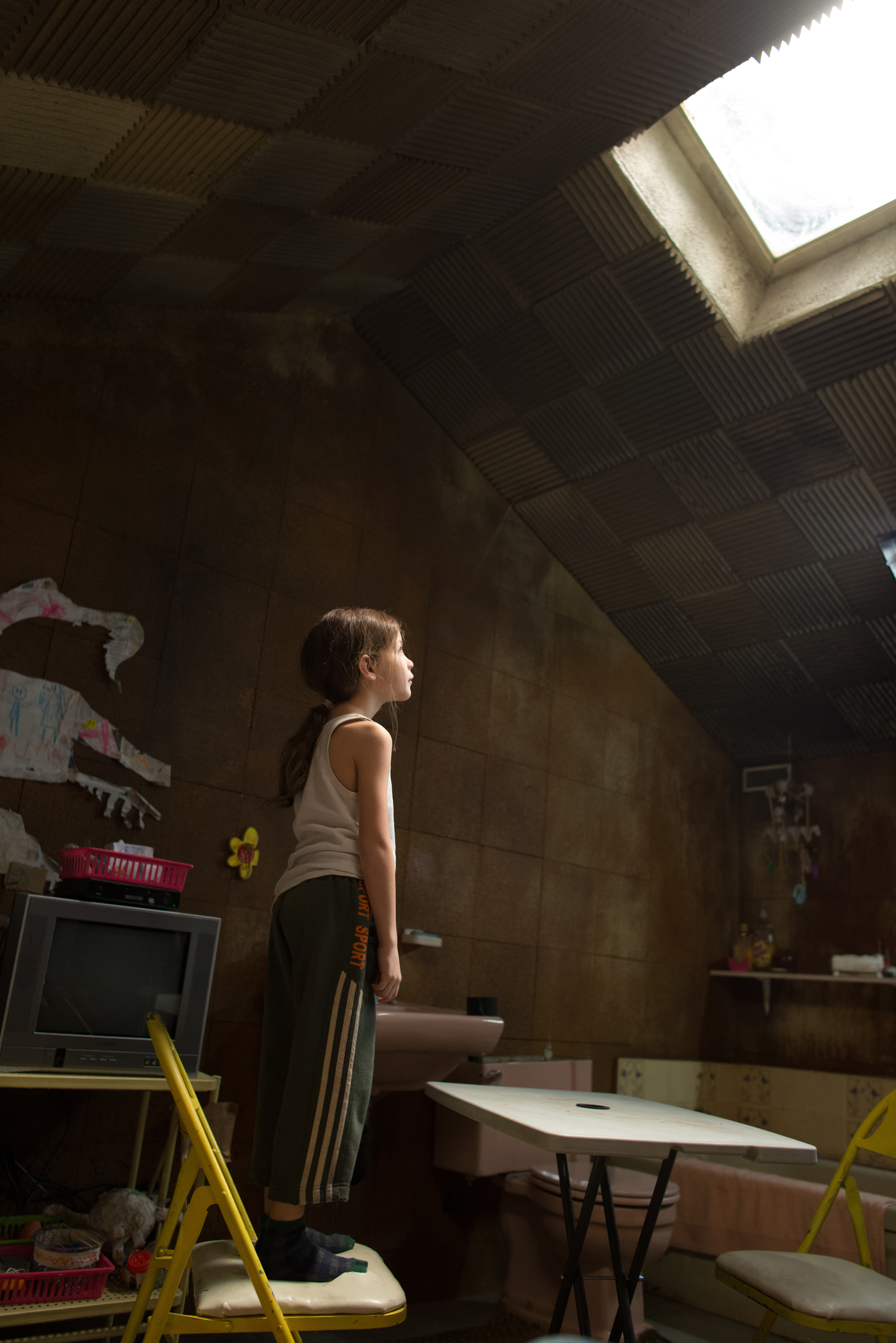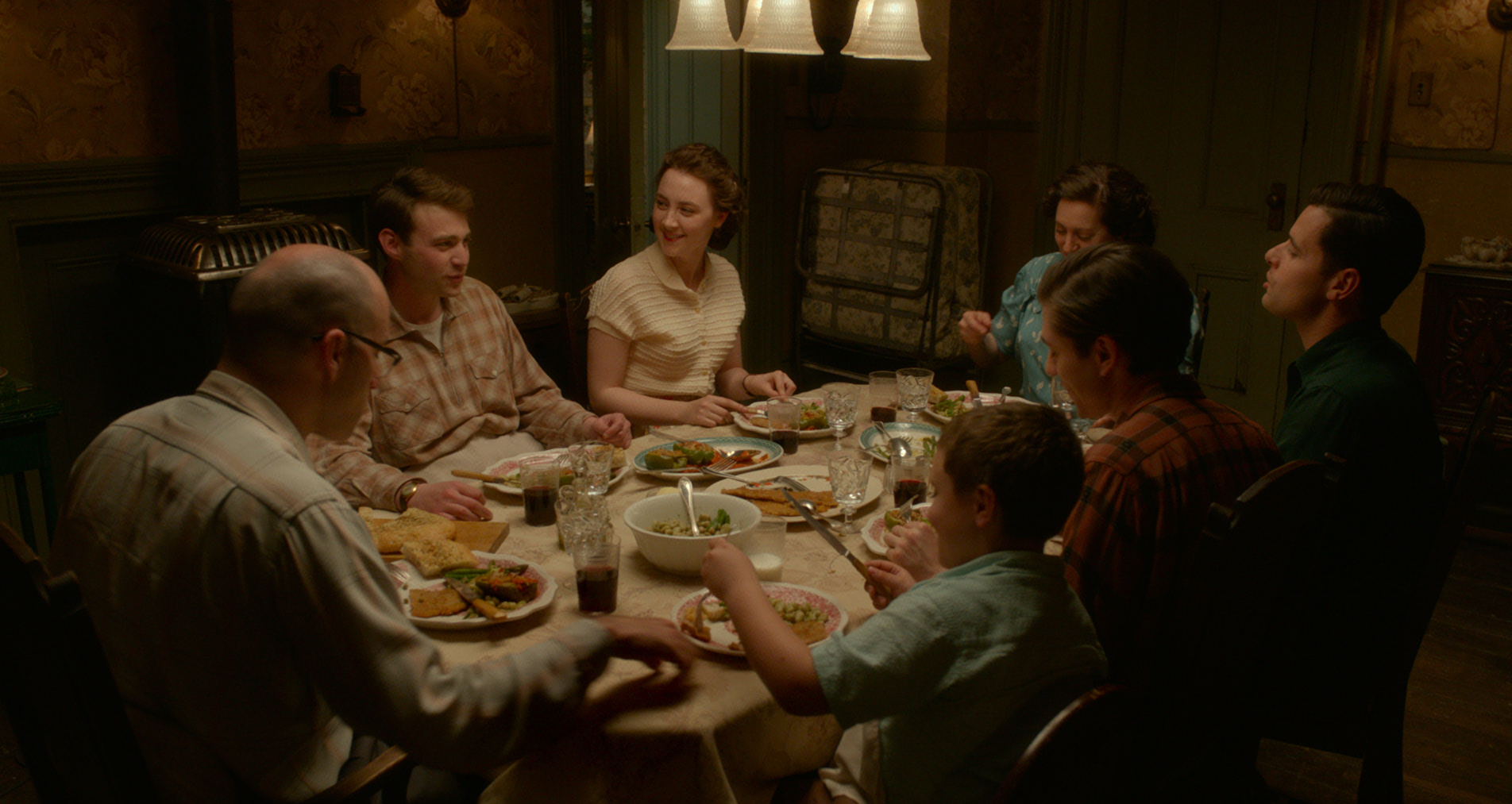Room’s premise is interesting enough that, even if it were a complete failure, it would be worth seeing. The film is presented entirely from the viewpoint of Jack, a five-year-old boy who has lived his entire life inside a garden shed. His concept of reality is what he can physically touch inside of Room. Anything outside exists in “outer space,” and all of the people and places he sees on television are simply unreal. The psychological state is both fascinating and completely believable, but also prevents him from understanding how dire his situation is: he’s being held captive along with his mother by a psychopathic rapist who also happens to be his own biological father.
By presenting the story from Jack’s point of view, the film plays with the discrepancy between what we understand to be happening and the actual narration. Jack talks excitedly about the TV world, and the other planets with dinosaurs and dogs and all of the other things that he knows don’t actually exist, yet as an audience we feel constrained and discomforted by the tiny room that represents all of Jack’s known existence. As for his mother, we know what’s happening every night when “Old Nick” pays her a visit, and we understand what she’s talking about when she explains her kidnapping story to her son. But Jack doesn’t, so when he explodes at his mother and calls her a “liar,” we empathize more with her than our narrator.




